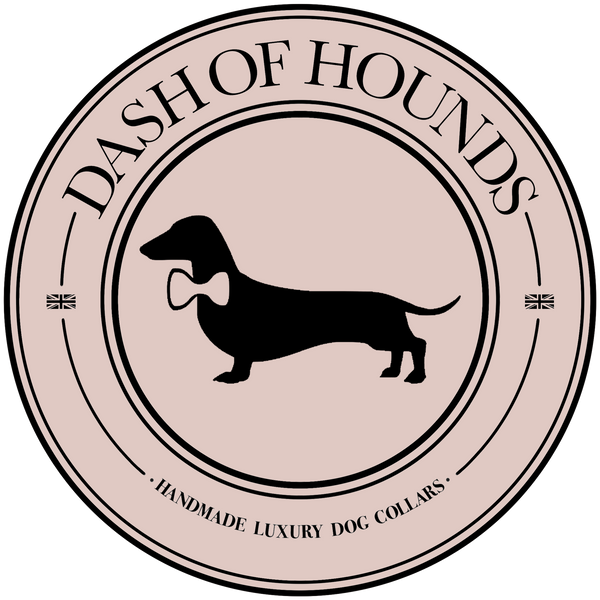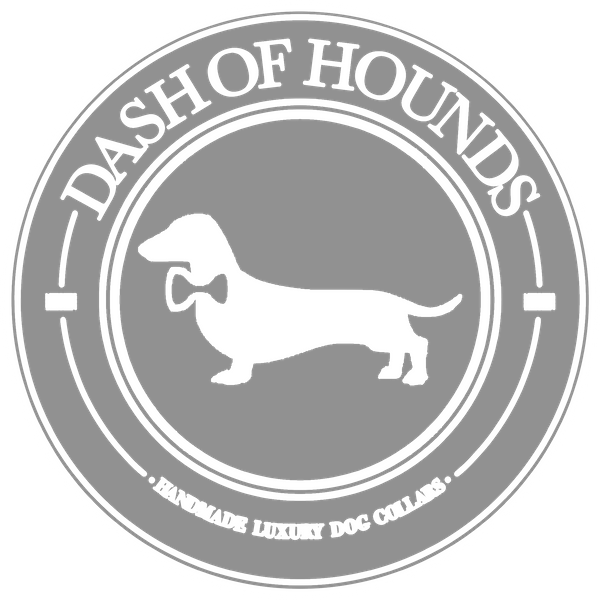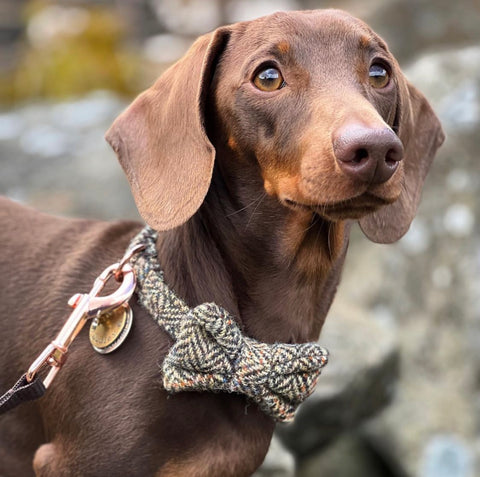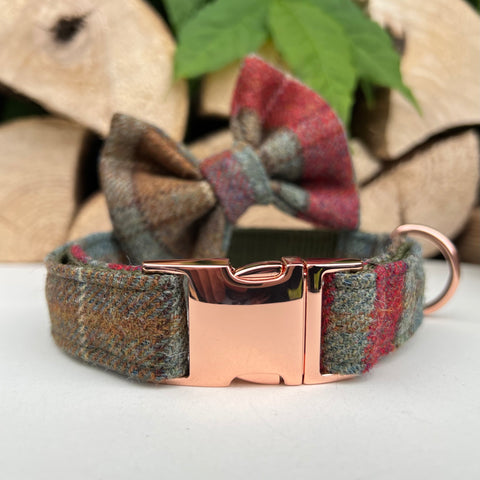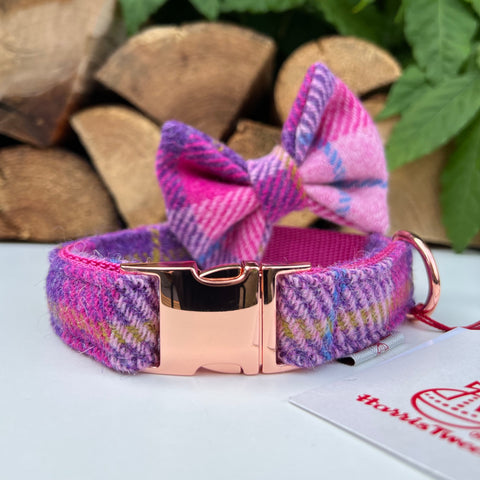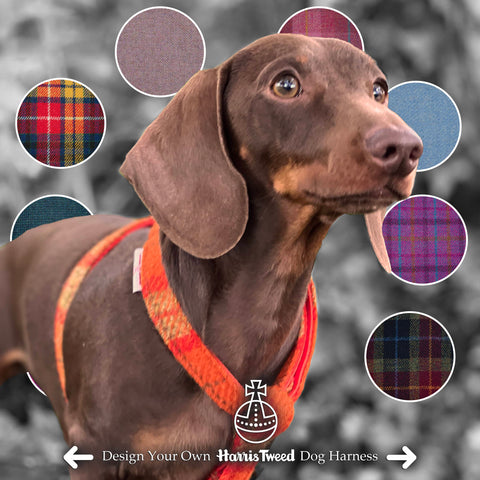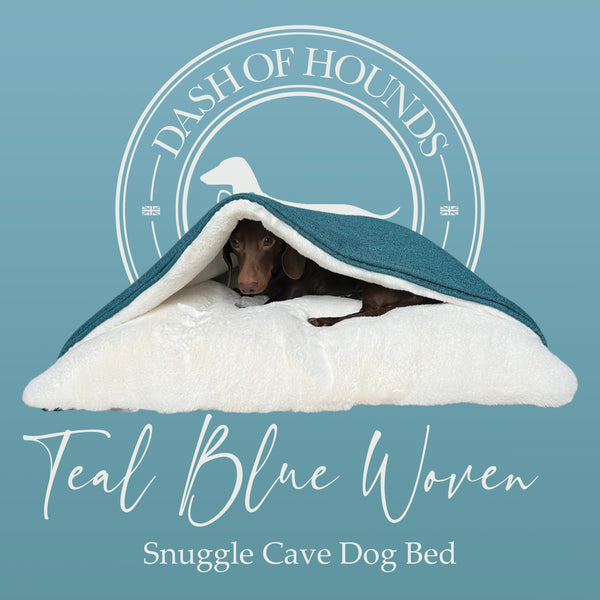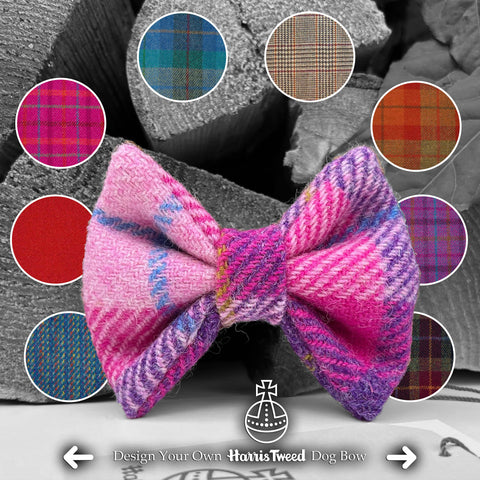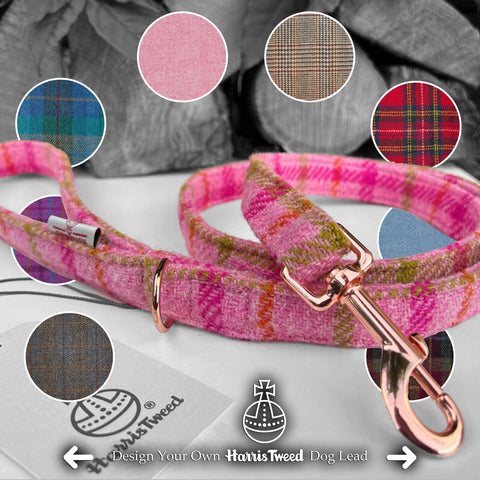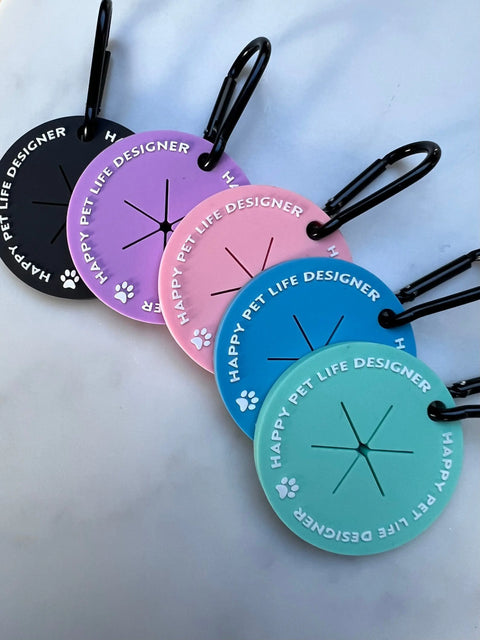As our loyal canine companions age, their nutritional needs evolve, requiring careful consideration and adjustment in their diet. Proper nutrition plays a crucial role in ensuring the health and well-being of our aging dogs. In this comprehensive guide, we will explore the dietary requirements of older dogs and provide essential tips for feeding them.
- Aging and Nutritional Needs: Just like humans, dogs experience physiological changes as they age. Their metabolism slows down, muscle mass decreases, and their digestive system becomes less efficient. Consequently, their nutritional needs change, necessitating a shift in their diet.
According to the Blue Cross, a leading UK animal welfare charity, dogs are generally considered seniors when they reach around 7 years of age, although this can vary depending on breed and size.
-
Energy Requirements: As dogs age, their energy requirements decrease due to reduced activity levels. Overfeeding can lead to weight gain and related health issues. PetMD UK suggests reducing calorie intake by 10-20% to accommodate their lower energy needs.
-
Protein: Protein is a vital component of a senior dog's diet as it supports muscle maintenance and repair. The Royal Society for the Prevention of Cruelty to Animals (RSPCA) recommends that senior dogs receive a diet consisting of 25-30% protein.
-
Essential Fatty Acids: Omega-3 fatty acids play a crucial role in maintaining joint health and reducing inflammation, which can benefit older dogs with arthritis. The Dogs Trust, a well-known UK charity, suggests incorporating fish oil or other sources of omega-3 into their diet.
-
Fibre: Dietary fibre aids in digestion and can help prevent constipation, a common issue in older dogs. The Dogs Trust recommends including fibre-rich ingredients such as pumpkin or sweet potatoes in their diet.
-
Dental Health: As dogs age, dental issues may become more prevalent. The British Veterinary Dental Association (BVDA) advises including dental-friendly foods, such as dental chews or specialized kibble, to support oral health in older dogs.
-
Hydration: Older dogs may be prone to dehydration, so it's essential to ensure they have access to fresh water at all times. The Battersea Dogs & Cats Home recommends monitoring their water intake and providing multiple water sources throughout the house.
Feeding older dogs requires thoughtful consideration of their evolving nutritional needs. Understanding the changes that occur with age and tailoring their diet accordingly can help ensure their health and longevity. By providing a balanced diet with appropriate levels of protein, essential fatty acids, fiber, and dental care, we can support our aging canine companions and enhance their overall well-being.
Remember, it's always recommended to consult with a veterinarian before making significant changes to your dog's diet, as they can provide personalized advice based on your dog's specific needs and health conditions.
